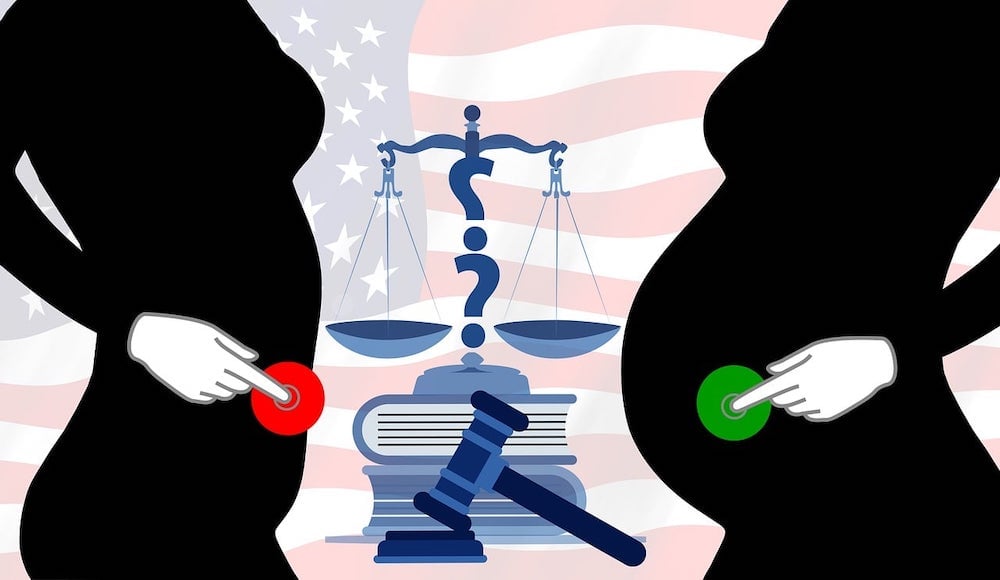(ThyBlackMan.com) During the crack epidemic of the ’80s and ’90s, children exposed to crack cocaine before birth were often referred to as “crack babies.”
Crack babies sometimes became boarder babies—babies abandoned at the hospital by parents who could not care for them. For months, hospital nurseries became temporary homes for many babies born to crack users. At the time, some babies would live in hospitals for as long as three years. A federal study found that about 22,000 babies were left in 1991 by parents unwilling or unable to care for them; Washington, D.C. had the third-highest number of any U.S. city.

“We called it a crisis because the space was just filling up in the nursery,” said Linda Ivey Lewis, who, as an administrator at D.C. General Hospital, was instrumental in opening the boarder baby nursery, where volunteers could come in to hold the infants. “Worst case for me was for them to not be humanized,” Ivey Lewis said.
As we look back, one can easily make the connection between a drug-addicted mother and her abandoned child. Fast forward to 2024, what role will current abortion bans play in driving parents to abandon their babies?
In Harris County, Texas, which includes the Houston area, there were six instances of child abandonment since the beginning of June of this year. In two cases, the child died. Texas and other states that have near-total abortion bans are now faced with more parents abandoning their children for reasons such as desperation and a lack of information.
In one instance, a baby was left in an apartment complex dumpster. In another, it was a dumpster outside a restaurant. While investigators are calling it an epidemic, the rise in abandonment in the Houston area illustrates the complexities around the issue of abortion and the mental state of a parent before and after the birth of an unwanted child. It highlights the intense and overwhelming responsibility that goes with caring for a newborn baby, a responsibility many mothers and fathers are mentally, emotionally, and financially unprepared to meet.
To see any parent treat their child as if it were a piece of trash to be thrown into a dumpster is inhumane. During the crack epidemic, hospital officials were initially unprepared, with delivery wards filled with unwanted babies. Are we faced with a situation where the banning of abortion is the trigger in a new rise of abandoned newborn babies, and in some cases, the abandonment leads to their death? Regardless of whether a person supports or opposes abortion bans, the abortion issue has become too politicized.
The message for pro-life advocates should be clear by now. The motive for politicians like Donald Trump and his running mate is only to do what it takes to get elected. There is no genuine concern for an unborn baby or the desperate situations a new mother or mother-to-be faces. Trump’s shifting stance on abortion issues, such as a federal abortion ban, shows he is feeling the political heat from the Harris campaign.
In other words, there is no unwavering commitment to the pro-life movement, which was a critical voting bloc that helped Trump get elected in 2016. Now, in 2024, Trump’s stance on abortion may prove to be a political liability in November. Pro-life advocates need to wake up because some GOP candidates will start to back away from the pro-life movement if they conclude it’s a liability to them being elected.
Banning abortion does not make the problem go away. The reality we are facing in society comes down to a simple fact: a person who gets pregnant may not want to have a baby. With or without legal abortion, this is a fact that will never go away. In referring to the issue of forced parenthood during oral arguments for the case that overturned Roe v. Wade, Supreme Court Justice Amy Coney Barrett echoed a sentiment anti-abortion activists have promoted for years, asking: “Why don’t the safe haven laws take care of that problem?”
Texas passed the nation’s first safe haven law in 1999 after a spike of deserted babies in the Houston area. It allowed the parent to surrender their baby at any hospital, fire station, or emergency medical service station. The only condition was that the baby not be more than 30 days old. Today, the law allows up to 60 days. By 2008, all 50 states had adopted safe haven laws.
Northwestern University professor Katie Watson, who teaches law, ethics, and humanities to medical students, said the conservative argument that safe havens are an alternative to abortions is disingenuous. Safe havens were never intended to serve as an alternative to abortion. They were developed to offer an alternative to infanticide, Watson said. Pro-life advocates have placed too much of their focus on politics and laws rather than meeting a desperate and hurt woman at her place of need. Safe haven laws are only a reaction to a problem. They are not a proactive solution in supporting women who are overwhelmed with the personal emotional challenges of “motherhood” before and after birth.
Written by David W. Marshall
Official website; https://davidwmarshallauthor.com/

















And this will not be the only outcome of the lack of women’s medical care and access to abortion. There will be dead women in alleys, dead babies in trash cans. Women in abusive situations who no longer have a way out are often killed by men who refuse to take responsibility and do not want to be found out. This is why we have abortion in place, not because it’s free contraception for the irresponsible. I don’t understand why more elders aren’t speaking up. Maybe it’s because I saw these things as a child and understood what was happening, and those older than me who experienced it are gone now. Perhaps it’s that they are silent voices because we put old folks away in this country. But the repercussions will be serious, and the people pushing these archaic policies will only create more archaic policies to solve the problems they cause. Expect dead women, dead girls, dead babies, live-in schools, overflow camps, pregnancy homes, and orphanages to return. And expect a lot more children who haven’t been humanized to walk among us—more serial killers, more school shooters, more of the things that harm all of society.
I am not a proponent of abortion. As a victim of sexual assault, I took that walk they want women to take, and it was not an easy one. It affected my entire life and future. But at least I had a choice.